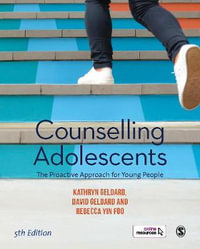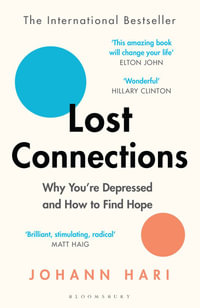Health communication is key to promoting good population and individual health outcomes. As the field has developed, there is a growing need for a critical appraisal of the ideologies and theories underpinning health communication to ensure effective practice.
This book sets out a new critical agenda, clearly situating health communication within its social context. It provides a critical overview of three key disciplinary areas ? education, psychology and communication. Drawing on international examples throughout, the book challenges the underlying assumptions that drive the design and delivery of health promotion interventions. The authors argue that health communication is inherently political and pay close attention to issues of power, ethics and inequality throughout the text.
This book will be a valuable resource for students at all levels who require a critical perspective as well as practitioners in health communication and health promotion. The authors have extensive experience in teaching health communication and health promotion internationally. With reference to detailed examples and annotated suggestions for further reading, this book is an accessible and valuable resource for analysing contemporary health communication.
Industry Reviews
"This text provides the reader with a clear background to communication theories, models of communication, and education theory as well as an examination of key theoretical themes and perspectives on health communication. With the inclusion of discussions around new and emerging social media as well as social marketing techniques, Health Communication offers much to students as well as those working in health today."
—Dr Ranjit Khutan, University of Wolverhampton
"This is an original and good quality contribution to the literature. The authors are setting an important and new critical agenda, drawing together contributions from a variety of disciplines. The clear focus on the social construction of health and health related decision making encourages critical analysis of many of the 'taken for granted' assumptions about how to communicate successfully with people about health."
—Dr Paul Reid, University of Central Lancashire
























